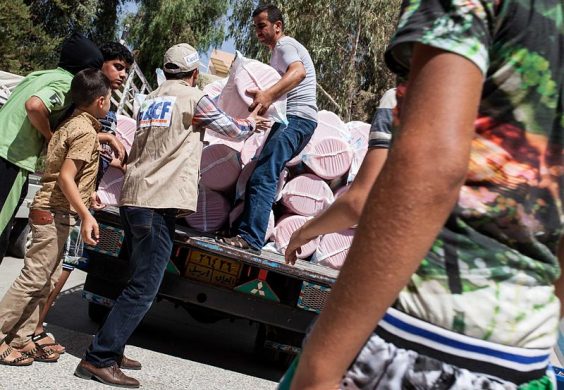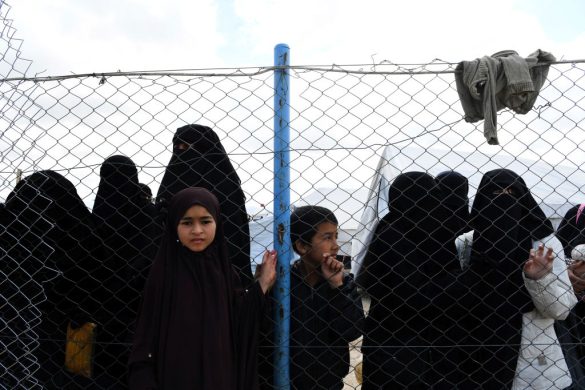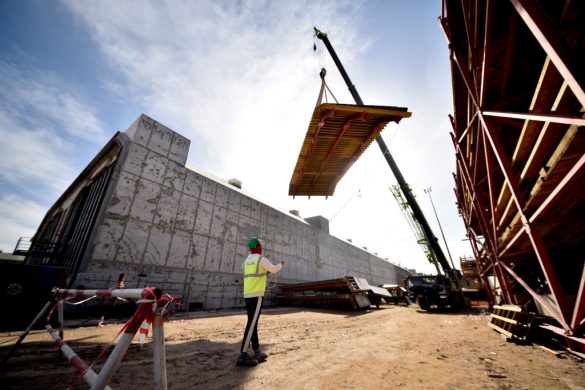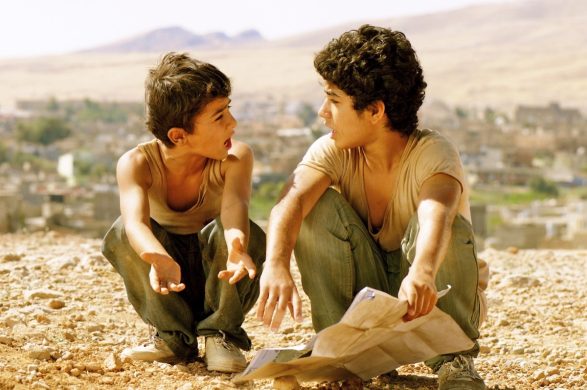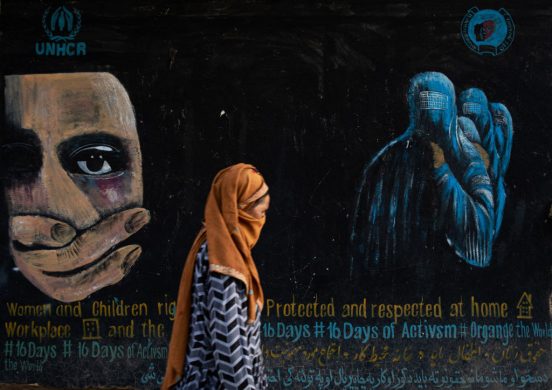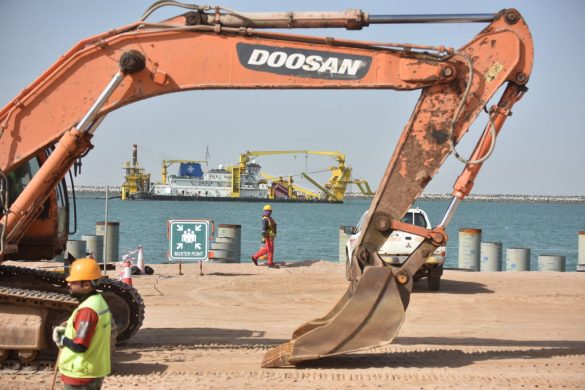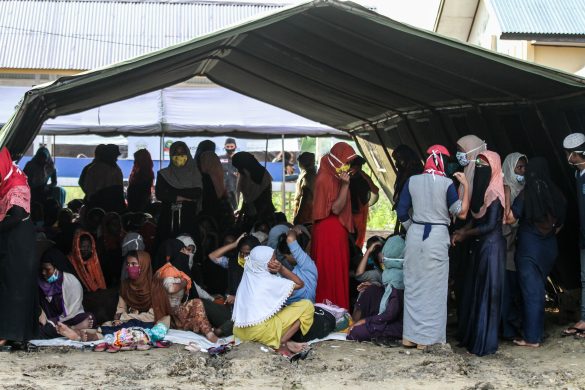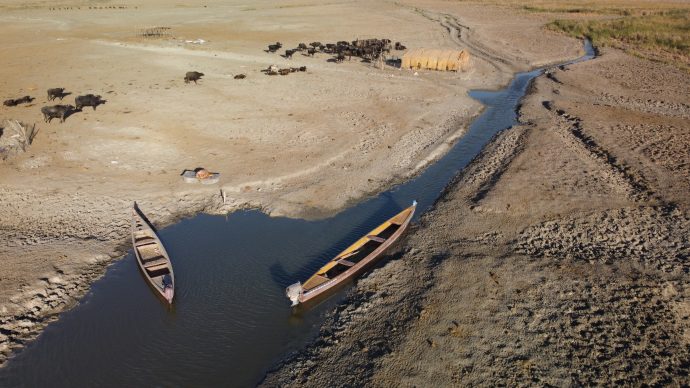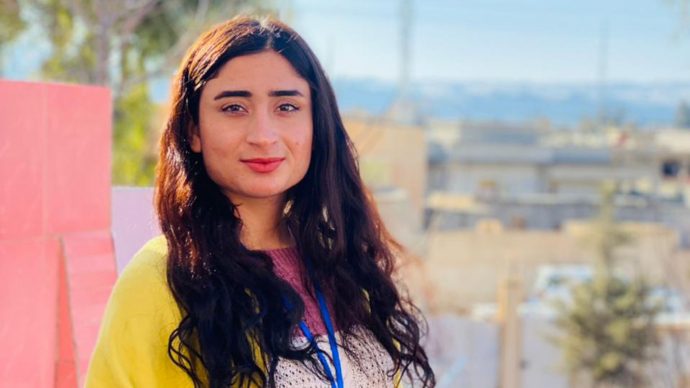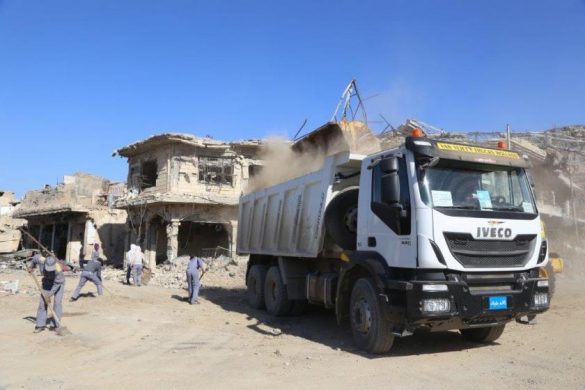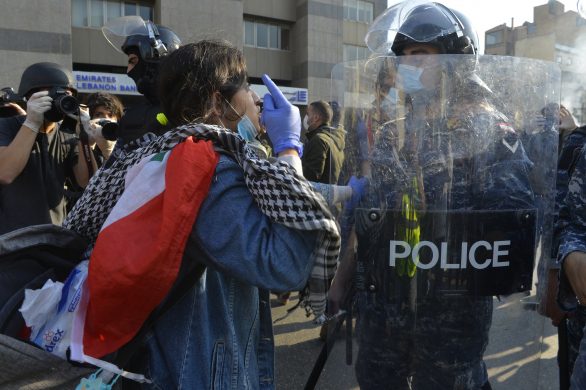GENEVA, 20 July 2015 (UN News Service): With more than 74,000 new people displaced by fighting on the move in Iraq, the United Nations humanitarian wing has warned that overall, some 40 per cent of critically needed life-saving water and sanitation programmes will be forced to shut down by the end of the month due to lack of funding.
“New displacements, dynamic numbers, ongoing population movements and insecurity make it difficult to deliver critically needed life-saving WASH [water, sanitation and hygiene] support to internally displaced people (fordrevne) in hot spots,” reported the UN Office for the Coordination of Humanitarian Affairs (OCHA) late last week.
The weekly Iraq crisis situation report said more than 74,000 people fled Falluja in Iraq’s Anbar Governorate since 8 July.
“Provision of an effective WASH response across the country remains severely constrained by lack of funding. 28 per cent of WASH programmes have already closed due to lack of funding,” the report said.
“An additional 12 per cent will close by the end of July”, it noted.
“There is critical need for funding and supplies to cover WASH service provision in new camps that are being established,” OCHA warned.
“Of the 43.9 million US dollar requested under the Iraq Humanitarian Response Plan for WASH support, only 3.9 million has been received thus far.”
Det kan være helt slut i oktober
OCHA also reported limited funding for shelter and other non-food supplies, which to date, has received six per cent of the 95 million dollar requested and warned that nearly 90 percent of all humanitarian health programs will be closed by October 2015 if additional funding is not secured.
“Limited funding continues to constrain and threaten the delivery of aid to people in need,” the report said.
Wide-scale violence and armed conflict erupted in Iraq in January 2014. Initially concentrated in Anbar Governorate, with the cities of Ramadi and Falluja particularly affected, the violence and its impact quickly grew, displacing over 500,000 individuals by May, according to OCHA.
Læs videre hos UN News – begynd fra: “In June 2014, the Islamic State of Iraq and the Levant (ISIL), together with….”
Se også om Irak-debat i FNs Sikkerhedsråd.

